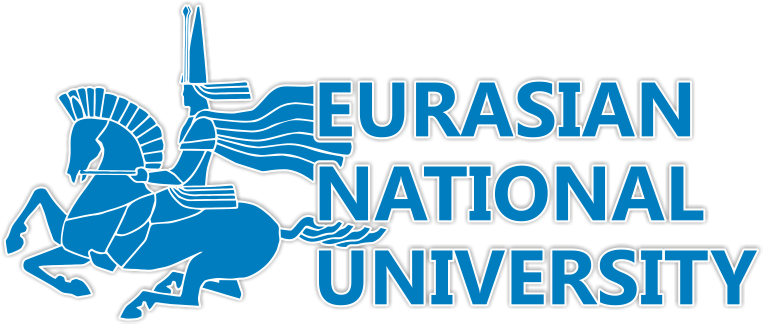The Transport and Energy Faculty within the framework of the Erasmus + project (Project reference number 598817-EPP-1-20I8-1-DE-EPPKA2-CBHE-.JP) "Economics, Ecology and Infrastructure of the High-Speed Railways" took part in a project meeting and training in laboratories and a field visit in Germany and Switzerland from May 30 - June 5, 2022.
The visit was organized by the project coordinators of the Technical University of Dresden, where were the L.N. Gumilyov ENU participants: dean of the faculty Suleimenov T.B., head of the “Environmental Management and engineering department", professor Beisenova R.R. and project coordinator Sansyzbayeva Z.K. as well as teams from the faculty of the Polytechnic University of Madrid, the University of Economics in Katowice, the Academy of Logistics and Transport (Almaty), M. Auezov SKSU.
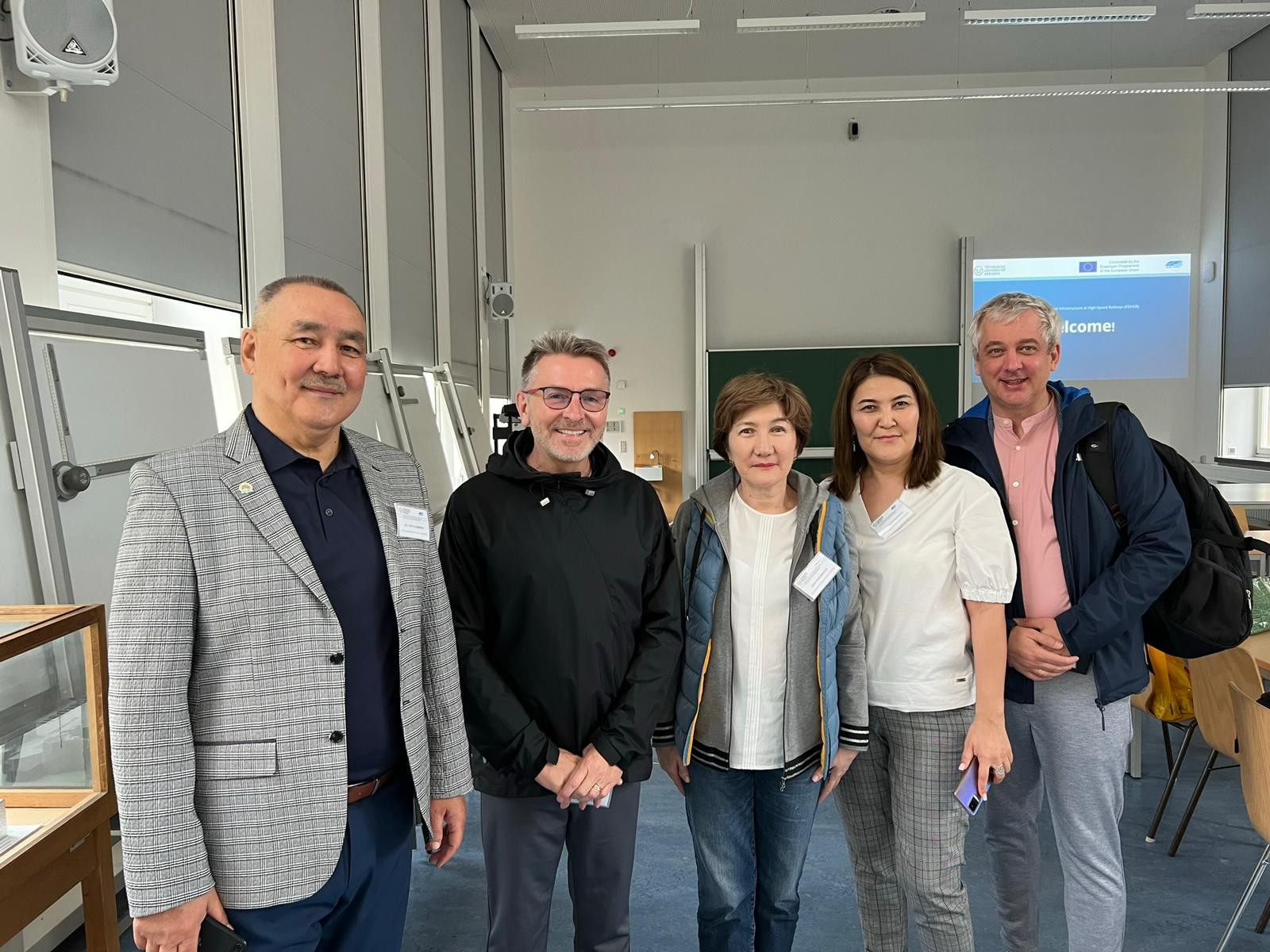
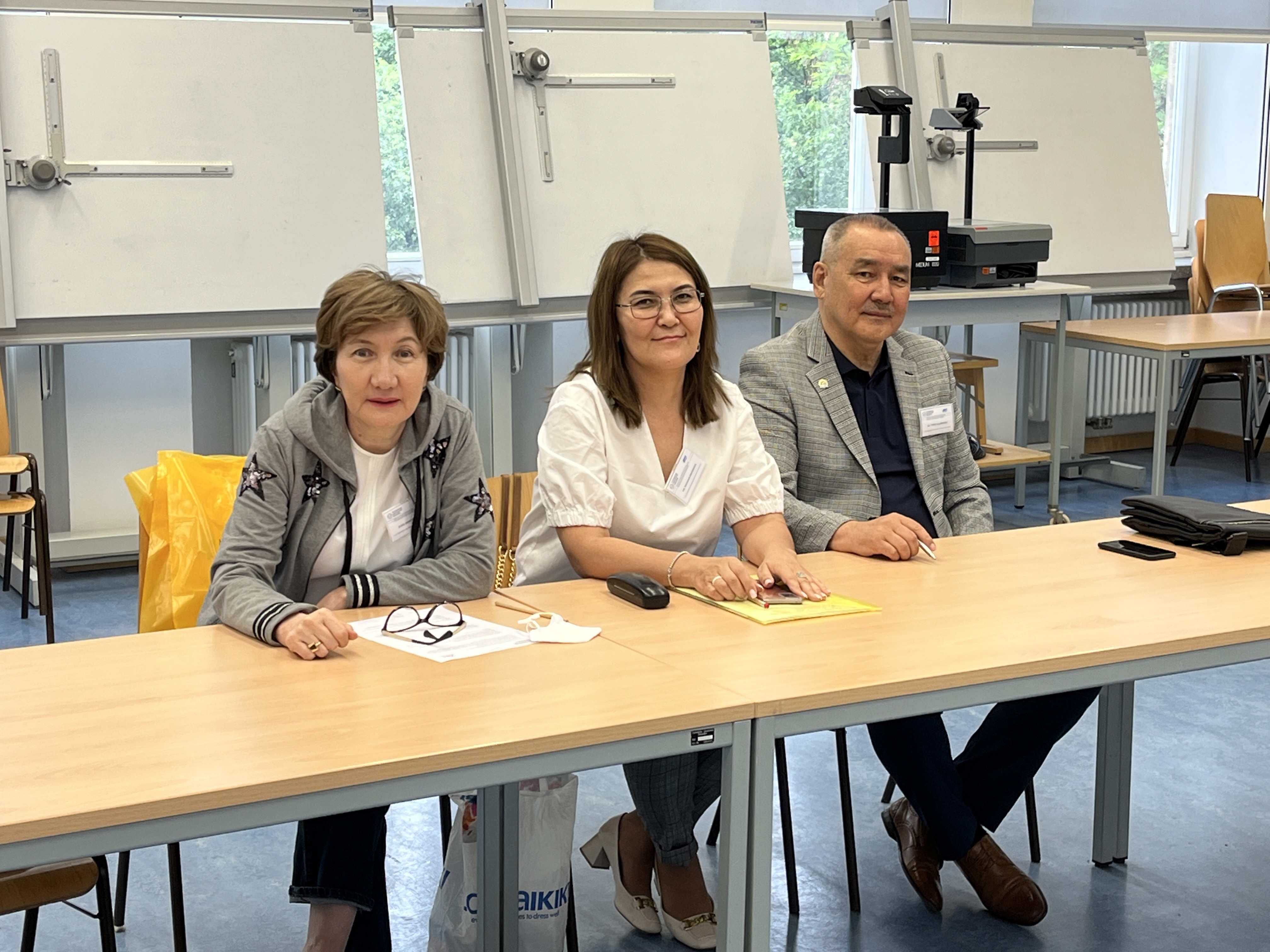
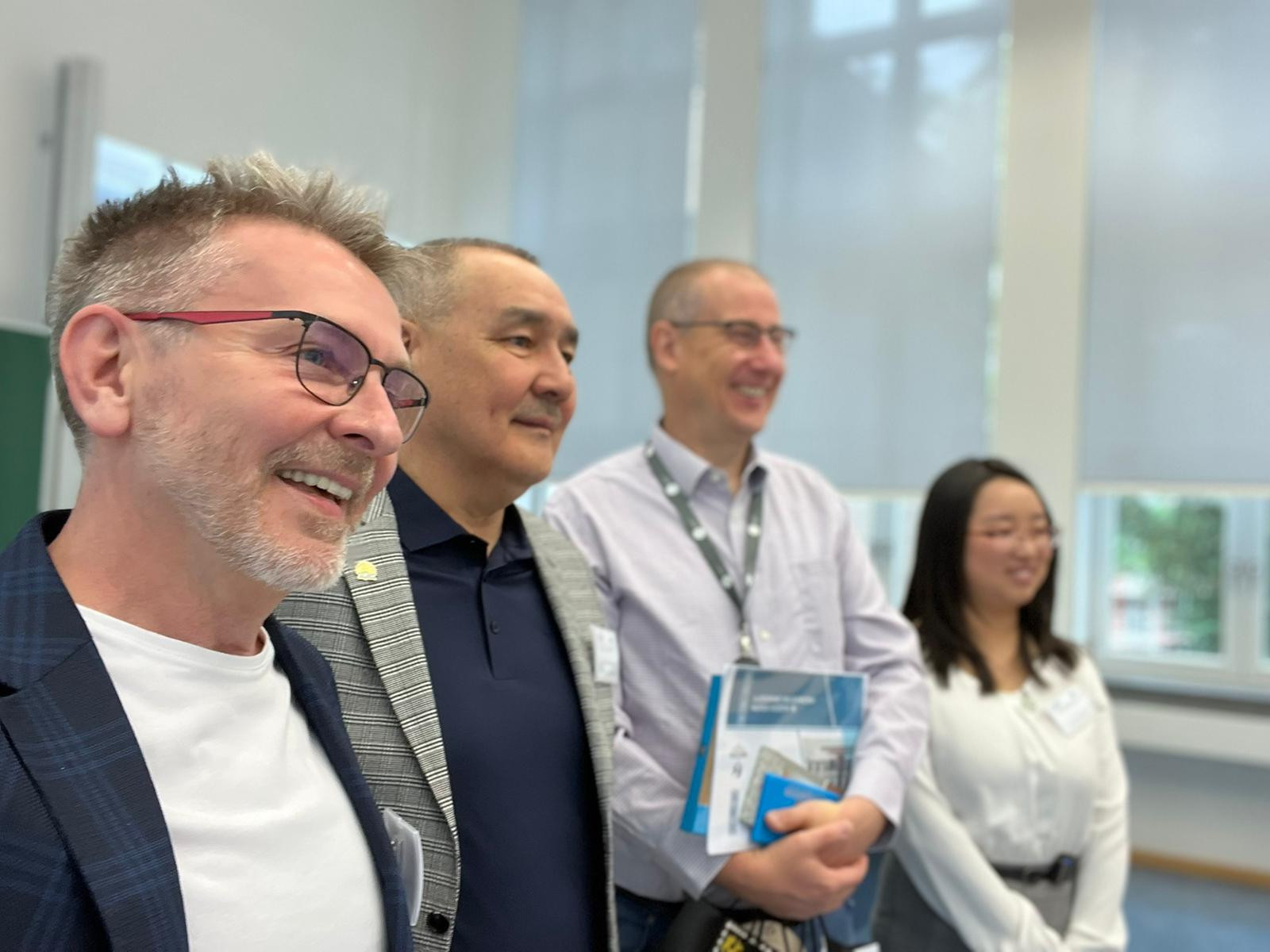
The meetings were organized at a very high professional level, starting with the meeting plan, which was scheduled by the minute, which is not surprising given the mentality of our friends. Also, without delay and with a very high responsibility, they held all the scheduled meetings, which were very eventful and interesting from a professional point of view.
On the first day, there were greetings from all project participants, which continued with presentations by Dr. Maszek (Technical University Dresden) and Prof. Pablo Garrido Martinez (Polytechnic University of Madrid). Afternoon until late evening we visited the passenger train processing station (Deutsche Bahn AG & TUD). The railway subsidiary DB Netz AG is responsible for maintaining and expanding Europe's largest railway network with over 25,000 railway bridges and over 33,000 kilometers of route network. To ensure when passenger and freight traffic can grow strongly in the coming years, as predicted, Deutsche Bahn AG and the federal government want to invest a record amount in modernizing and digitizing Germany's rail network.
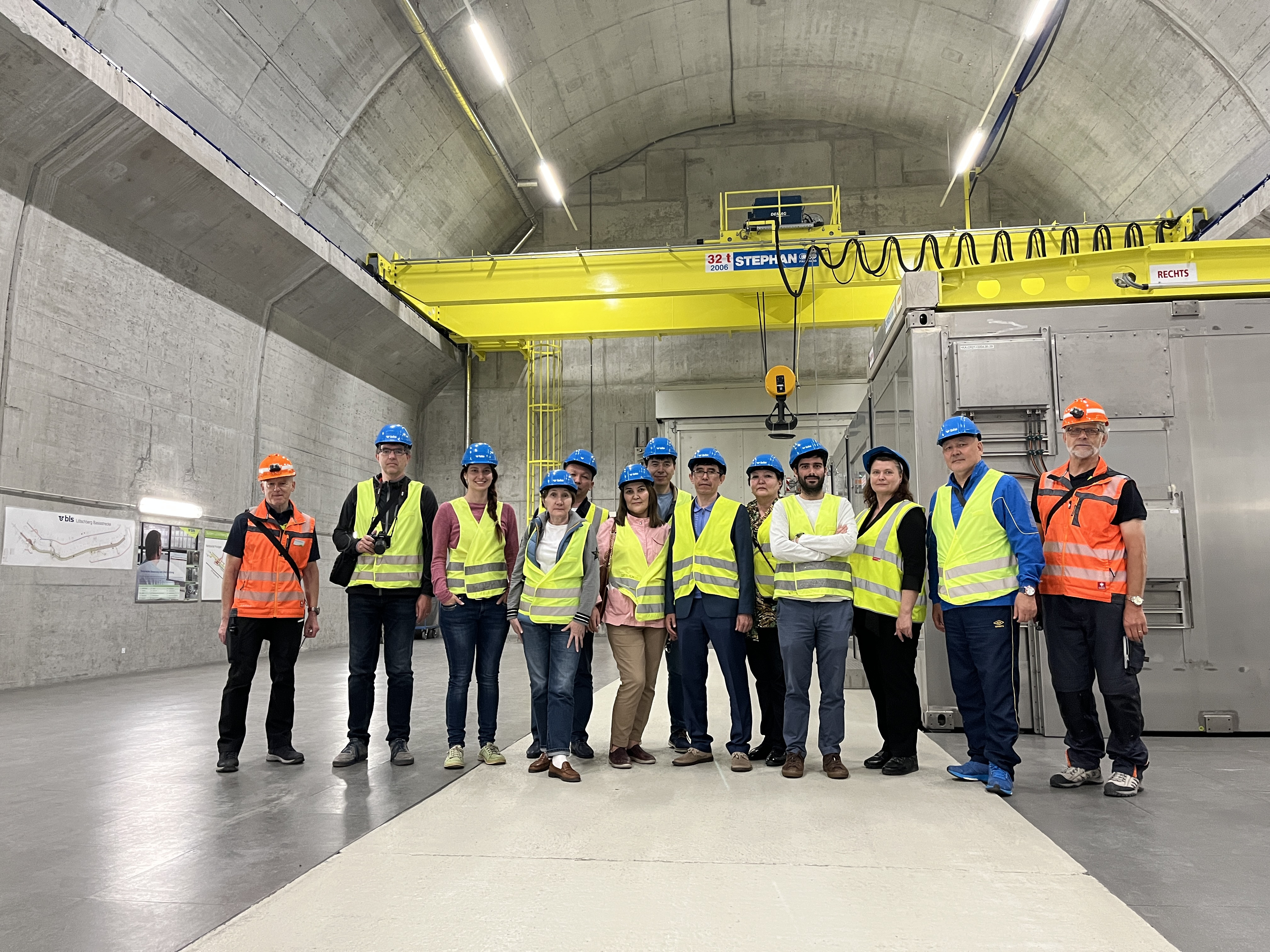
The next day was also full of new events and meetings were at Dresden Main Station, then departure and transfer to Erfurt-Visit - Deutsche Bahn - Project Stuttgart
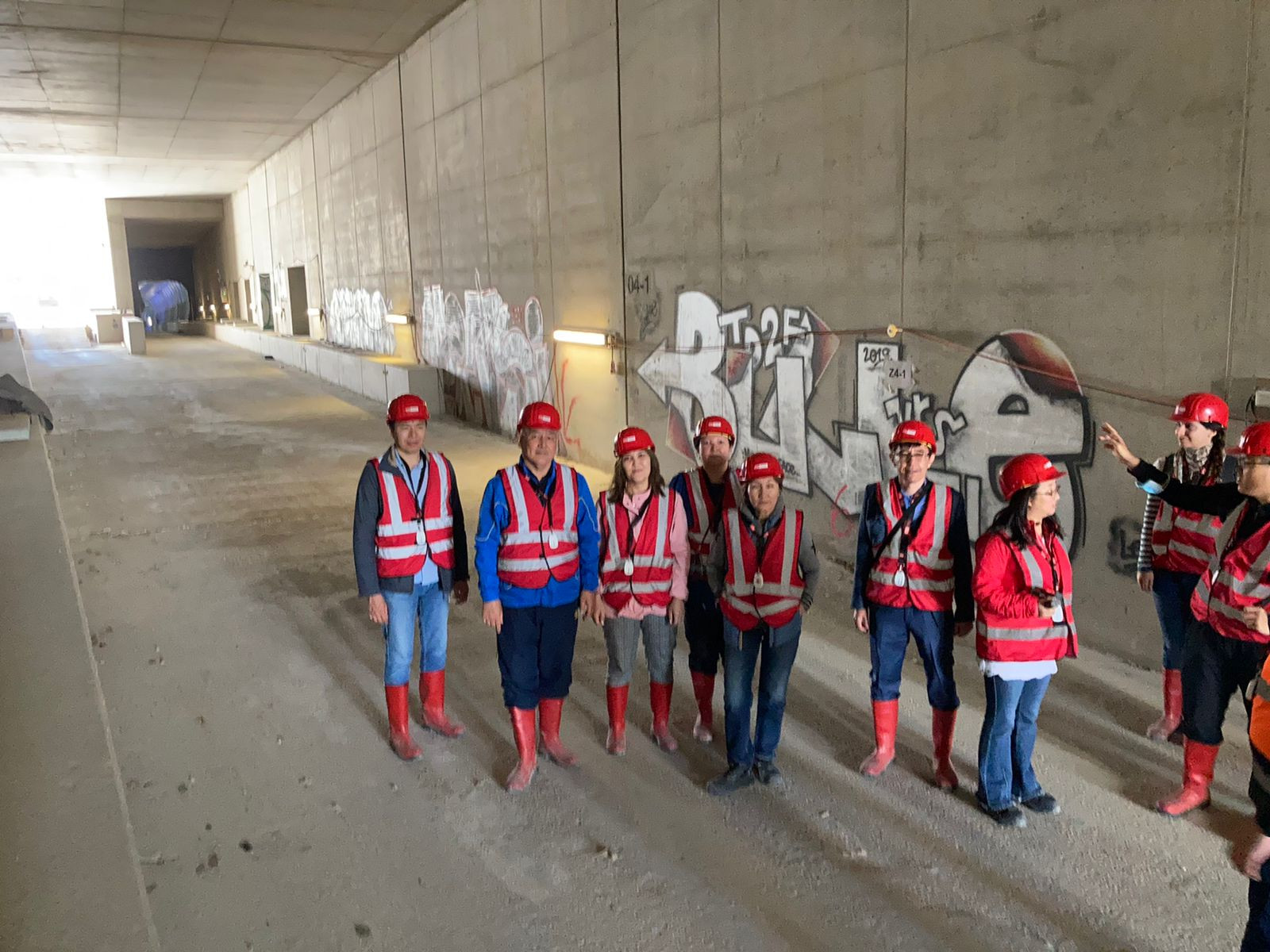
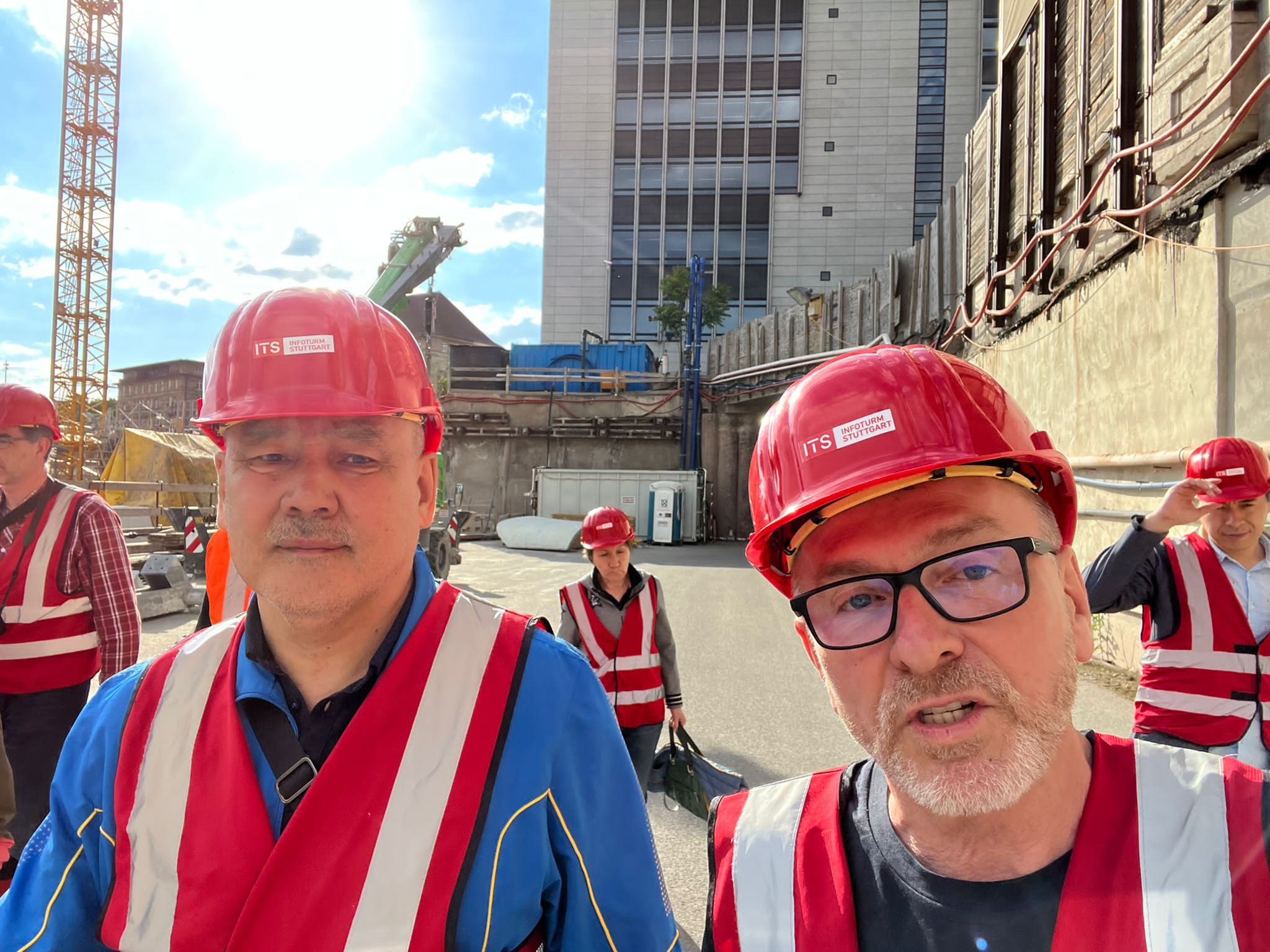
Tunnel tour on the well-developed S-Bahn line between the new Mittnachtstrase station and the bridge over the Neckar at Bad Cannstatt, part of the Rosenstein S-Bahn tunnel to be traversed from the Neckar bank. The suburban railway tunnel will run between the Neckar bridge and the S-Bahn stop Mittnachtstrase. The Rosenstein Tunnel is 1170 meters long.
After lunch, experience an extensive portfolio of fellow professionals through lectures and discussions on operation and railway technology. This was followed by a tour of the exhibition of the ITS project) at the main station and an hour and a half tour of the construction site of the new main station.
The next day was more eventful. After all, none of us had previously been to Switzerland, a country where we dreamed of visiting, especially since we arrived in the Erasmus + team, whose projects are respected and highly valued in Europe. The Lotschberg Base Tunnel is the centerpiece of the BLS infrastructure and the centerpiece of the NRLA, a new rail link across the Alps. BLS is upgrading the tunnel. This will create the prerequisites for a half-hour intercity connection between Bern and Valais. Therefore, freight trains will run through the Base Tunnel more often than through the Lotschberg mountain line, thereby increasing productivity.
A visit to the Western Technical Center, a 1:1 scale test track and an exclusive view of the railway tunnel through a special window.
All these events show the importance of the Erasmus + project, where each of us will be able to appreciate and bring new trends of the times to our country or region, in particular, that all over the world the choice is for passenger and freight transportation on high-speed highways.
This trip was a practical experience for us and our colleagues in organizing such important events, this also applies to an extensive program, sometimes to the detriment of lunch time and free time after 19-00, which each of us planned to visit cultural events or buy souvenirs and gifts for friends , colleagues and families. But it seems to me that none of us regretted a single minute of the time spent on this trip, because the main goal of our trip is to learn from the experience of these countries, analyze and draw conclusions about the important component of our country's rail transportation. The degree of development and efficiency of its work depends on the uninterrupted interaction of all branches of industry, agriculture, as well as each enterprise separately, the timeliness of the supply of various products.
Special thanks to the coordinators of the Erasmus + project "Economics, Ecology and Infrastructure on High-Speed Railways", the Technical University Dresden, the Department of Railway Signaling Technology and Transport Safety in the person of Dr. Masek, Shiyao Zhang, Ann-Marie Schmidt-Ortmann and everyone who took part in organizing and holding this meeting.
We also thank all the participants of the Erasmus + project “Economy, Ecology and Infrastructure on High-Speed Railways”, who have become good friends throughout the project and look forward to further meetings.
